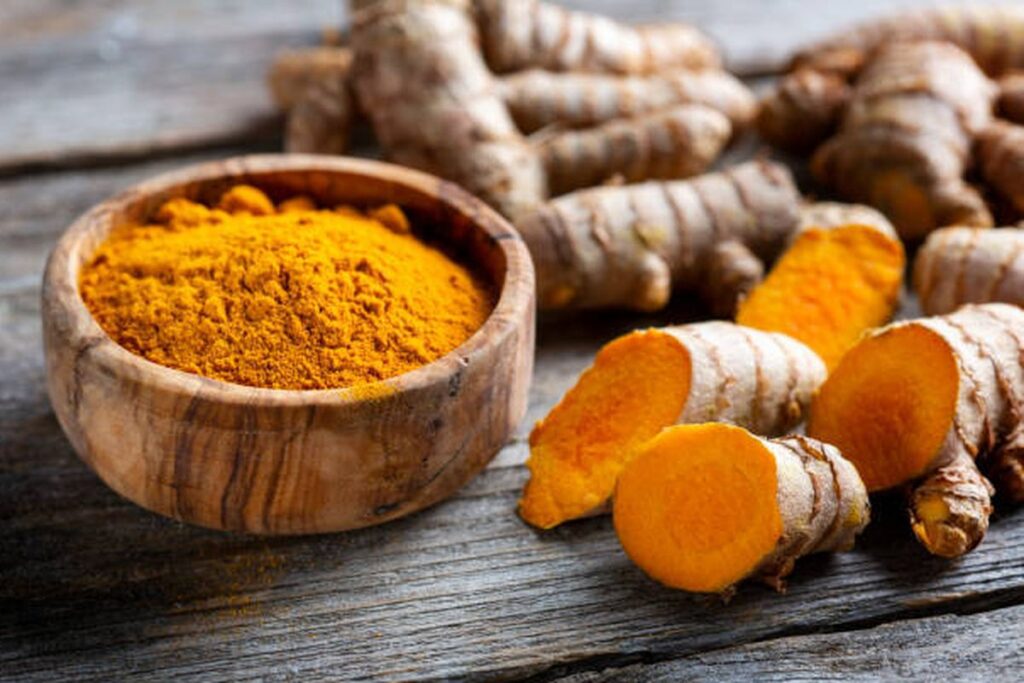
Turmeric, a golden-yellow spice commonly used in traditional medicine, has gained attention for its potential role in managing blood sugar levels. Its active compound, curcumin, is believed to have anti-inflammatory and antioxidant properties that may help regulate blood sugar levels naturally.
Scientific studies suggest that curcumin can improve insulin sensitivity and reduce inflammation, both of which are crucial for maintaining healthy blood sugar levels.
How Turmeric Works to Lower Blood Sugar
1. Improves Insulin Sensitivity
Curcumin in turmeric for lowering blood sugar helps improve the body’s response to insulin, making it easier to regulate glucose levels.
2. Reduces Inflammation
Chronic inflammation is often linked to insulin resistance. Turmeric’s anti-inflammatory properties may help address this issue, supporting overall metabolic health.
3. Antioxidant Benefits
Turmeric acts as an antioxidant, protecting the body from oxidative stress, which is a common contributor to high blood sugar levels.
How to Use Turmeric for Blood Sugar Management
To harness the benefits of turmeric for lowering blood sugar, consider these tips:
- Turmeric Tea: Mix a teaspoon of turmeric powder with warm water and a dash of black pepper for better absorption.
- Supplements: Curcumin supplements are available in capsule form for those seeking a more concentrated dose.
- Add to Meals: Incorporate turmeric into your daily cooking, such as curries or soups.
Consult a healthcare provider before adding turmeric to your routine, especially if you’re taking medication for diabetes.
Is Turmeric Safe for Everyone?
While turmeric for lowering blood sugar is generally safe, excessive consumption can lead to side effects such as stomach upset or interactions with certain medications. Always use it in moderation and seek medical advice if unsure.
Using turmeric for lowering blood sugar is a natural and promising approach, but it should complement—not replace—medical treatments. With proper use, it can be a valuable addition to a healthy lifestyle.



